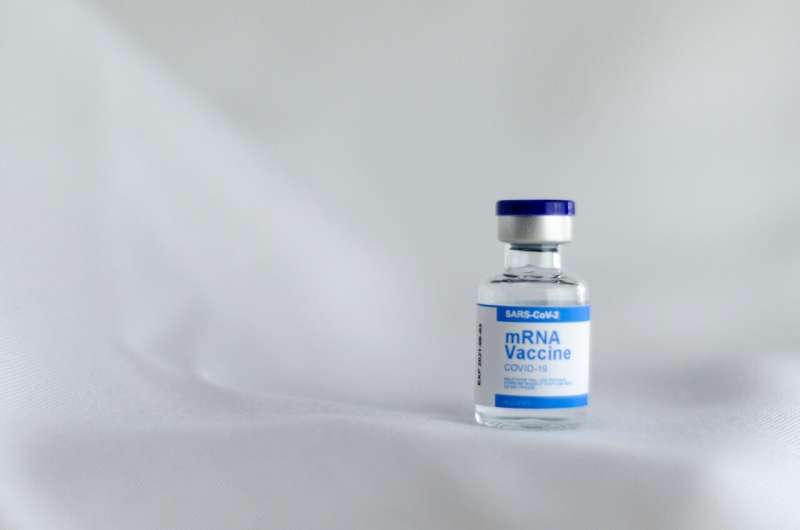Second COVID-19 mRNA vaccine dose found safe following allergic reactions to first dose


In a multi-hospital analysis of individuals who experienced an allergic reaction to their first mRNA COVID-19 vaccine dose, all patients who went on to receive a second dose tolerated it without complications. The research, which was led by allergists at Massachusetts General Hospital (MGH) and is published in JAMA Internal Medicine, indicates that a first dose reaction to COVID-19 vaccination should not keep people from getting a second dose.
Allergic reactions after mRNA COVID-19 vaccinations have been reported to be as high as 2%, with anaphylaxis—a life-threatening whole-body allergic reaction—occurring in up to 2.5 per 10,000 people. To examine whether it’s safe to proceed with a second mRNA COVID-19 vaccine dose after a dose one reaction, investigators from MGH, Vanderbilt University Medical Center, University of Texas Southwestern Medical Center and Yale School of Medicine combined data from patients who sought allergy specialist care at their hospitals after a reaction to their first mRNA COVID-19 vaccine dose. “These reactions could include symptoms such as itching or hives or flushing. The patients included were all advised by allergy specialists after their dose one reaction,” explains co-lead author Matthew S. Krantz, MD, of Vanderbilt University Medical Center.
Among 189 patients, 32 (17%) experienced anaphylaxis after their first dose of mRNA COVID-19 vaccine. A total of 159 patients (84%) went on to receive a second dose. All 159 patients, including 19 individuals who had experienced anaphylaxis following the first dose, tolerated the second dose. Thirty-two patients (20%) reported immediate and potentially allergic symptoms associated with the second dose that were self-limited, mild, and/or resolved with antihistamines alone.
“One important point from this study is that these immediate onset mRNA vaccine reactions may not be mechanistically caused by classic allergy, called immediate hypersensitivity or Ig-E-mediated hypersensitivity. For classic allergy, re-exposure to the allergen causes the same or even worse symptoms,” says co-senior author Kimberly G. Blumenthal, MD, MSc, co-director of the Clinical Epidemiology Program within MGH’s Division of Rheumatology, Allergy and Immunology.
Source: Read Full Article




